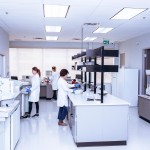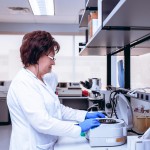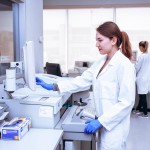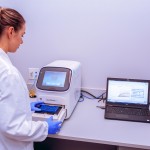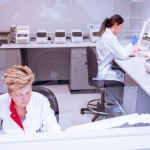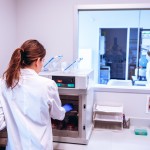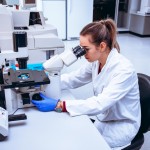Technology
Every organism on this planet, from the smallest viruses and bacteria to the largest mammals, possesses a unique code known as DNA. DNA consists of a series of repeating molecular units that encode the specific biological instructions that make each organism unique. Every virus, bacteria, fungus, and parasite carries an exclusive sequence of DNA that dictates all its characteristics and behaviors. An assay known as the polymerase chain reaction (PCR) is capable of directly targeting the unique DNA of a given pathogen and serves as an excellent diagnostic tool. The PCR has revolutionized the field of diagnostics.
DNA-based testing with PCR amplification has allowed for a remarkable increase in the sensitivity and specificity of organism detection over most contemporary methods of diagnosis. PCR is a method of detecting the smallest quantities of DNA or RNA sequences specific to an organism, amplifying the organism’s DNA signal and making detection in the laboratory straight forward. If a pathogen is present, the amplified product is clear and easily discerned in the laboratory. However, if no pathogen is present, then there is no DNA for the probes to bind to and, consequently, no PCR product will be created. For every PCR reaction, several controls are employed to ensure accurate and definitive results.





